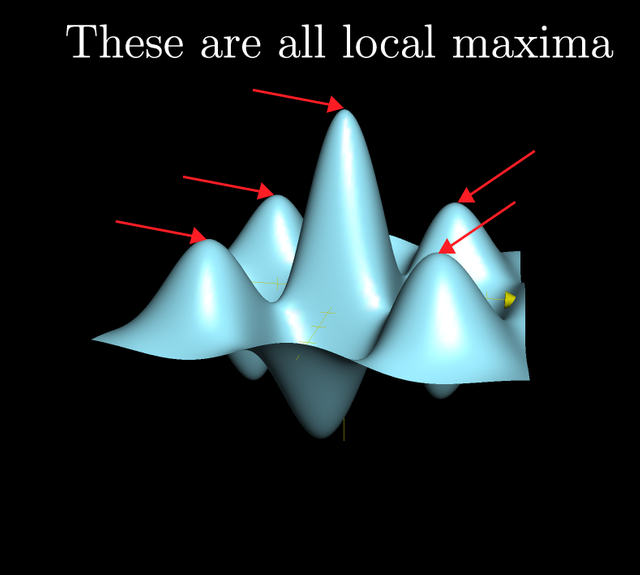
A rather unexpected question I got, was whether I was running away from something, considering that I decided to travel through Southeast Asia with the whole reason of: "why the hell not?". I said no, but now that I think more about it:
- I am running away from comfortable patterns.
- I am running away from the same thoughts I get almost everyday.
- I am running away from materialism.
- And most importantly, I am running away from comfort.
It is fair to say that I am terrified of stagnation.
It almost seems like a law of nature that whatever doesn't grow or move, rots to the ground. Like water, running is always better.
It is fair to conclude that we always own something that we don't really need. This is suddle and you get to realize it when you're traveling. There's been a couple of flights where after the trip, I realized I didn't wear half of the clothes on my carryon.
It is sad to realize how easily we are dragged down with material stuff.
The more (material stuff) you own, the less mobility, flexibility, choices and momentum for radical change. The more predictable and pliable you become.
Like Tyler Durden said "The things you own, end up owning you".
Though it is important to distinguish owning things that drag you down and things are really assets that yield value into your life.
Out of all the great inventions, all of them had some degree of unexpectedness. Then why are we so attached to our comfort zones? The days where we got eaten by a lion when we ventured out of our tribe is long gone. Most risks over "risk of not trying" are over-rated. Pretty soon, "average" won't cut it anymore. Pareto's law will skew even more in most domains.
Surely whatever you do that is new, novel, unexpected, creative are gonna have some degree of risk. But guess what, whether we like it or not, we are taking risk every single day. At the very least, there is always a risk of "not trying" or "not trying hard enough".
Let's end though on why randomness is sometimes for our own good. There are a bunch of articles that talks about the local maxima paradigm. Consider the picture below:

If you get dropped at a spot and you immediately go with a brute force algorithm you will surely get to the top of the hill you are nearest to. The only problem is that the chances that it is the highest hill is very slim. And the strategy can be downright disastrous over the long term.
You risk worrying about breadcrumbs all of your life instead of the loaves of bread.
A better strategy though is to drop randomly a multiple places to get an overall intelligence over the entire terrain. Then go to the highest tip with brute force.
Where this analogy fails is that it assumes that this terrain is fixed through your entire discovery process. With how complex the world is, that's just impossible. A better perspective is that the hills are constantly rising and falling to a degree. To increase our clarity (out of the chaos), we should extend our time horizon, preferably for more than 5 years.
Then my opinion on this is:
- First go for randomness for a while.
- Have convictions on the most powerful forces in the world with a long term horizon of 5 to 10 years.
- Test whether you'll be capable on that particular hill.
- Then brute force the hell out of it.
Again randomness is the critical starting point here. Without it, it is fair to say that you're going for a local minima. Though if you don't learn from those points then "you're just shooting at ducks blindfolded", wasting your time and energy.
So in brief, go for randomness, learn, get your own convictions then execute.
puppets image by Sagar Dani
Khan Academy's local maxima image